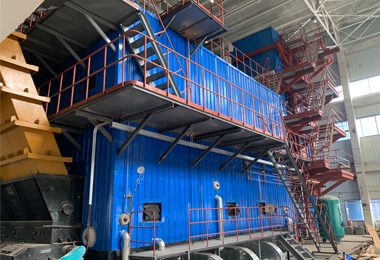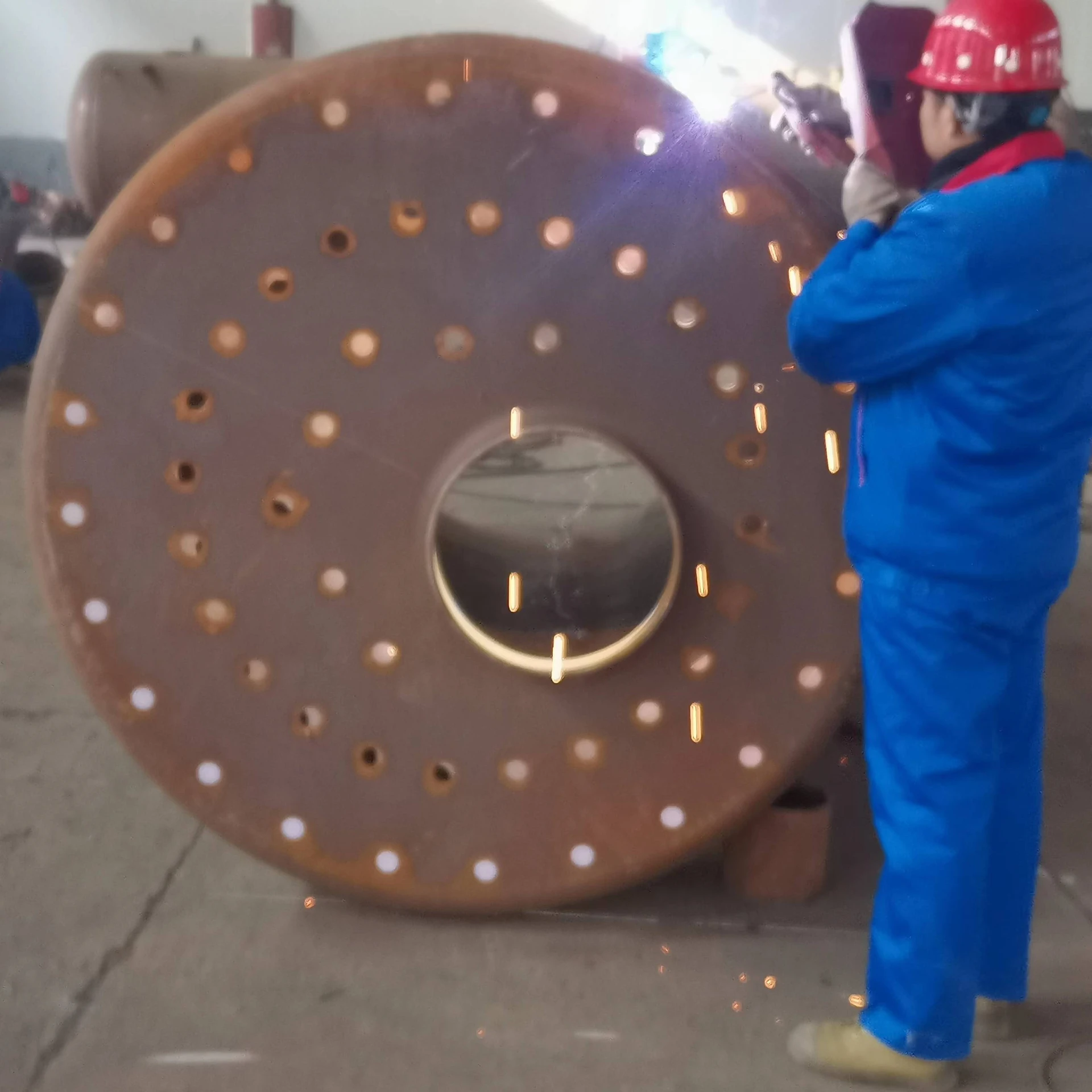
Feb . 15, 2025 16:02 Back to list
Coal-fired steam boiler
Boilers serve as indispensable components in various industrial and residential settings, ensuring comfort and operational efficiency. Grasping the different types of boilers available is pivotal for anyone considering an upgrade or installation. Here, we dissect the three primary types of boilers, evaluating their features and applications to guide an informed decision.
The importance of Space Considerations cannot be understated. Combi boilers stand out for those with constrained space requirements due to their compact nature. Conversely, conventional boilers necessitate ample room, a factor that could impede their installation in modern, compact living spaces lacking the luxury of space. Moreover, evaluating Installation Costs and Complexity can dictate your boiler choice. Combi boilers often cost less to install given their single-unit design, whereas the complexity of system and conventional boiler installations, complete with additional tanks, can inflate costs significantly. Finally, Maintenance and Reliability are crucial. While modern technology has enhanced the reliability of all boiler types, they each have different maintenance needs. Combi boilers, with fewer mechanical parts, generally require less maintenance. On the other hand, the additional components in system and conventional boilers may mean increased regular maintenance checks to ensure ongoing efficiency and longevity. Each boiler type has its unique advantages tailored to diverse needs. The combi boiler's compact efficiency, the system boiler's balance of space and reliability, and the unparalleled capacity offered by conventional boilers cater to varied preferences. Decision-making should ideally leverage professional assessments to align personal requirements with technical specifications, ensuring an optimal heating solution poised for long-term satisfaction and sustainability.


The importance of Space Considerations cannot be understated. Combi boilers stand out for those with constrained space requirements due to their compact nature. Conversely, conventional boilers necessitate ample room, a factor that could impede their installation in modern, compact living spaces lacking the luxury of space. Moreover, evaluating Installation Costs and Complexity can dictate your boiler choice. Combi boilers often cost less to install given their single-unit design, whereas the complexity of system and conventional boiler installations, complete with additional tanks, can inflate costs significantly. Finally, Maintenance and Reliability are crucial. While modern technology has enhanced the reliability of all boiler types, they each have different maintenance needs. Combi boilers, with fewer mechanical parts, generally require less maintenance. On the other hand, the additional components in system and conventional boilers may mean increased regular maintenance checks to ensure ongoing efficiency and longevity. Each boiler type has its unique advantages tailored to diverse needs. The combi boiler's compact efficiency, the system boiler's balance of space and reliability, and the unparalleled capacity offered by conventional boilers cater to varied preferences. Decision-making should ideally leverage professional assessments to align personal requirements with technical specifications, ensuring an optimal heating solution poised for long-term satisfaction and sustainability.
Share
Latest News
-
High-Efficiency Commercial Oil Fired Steam Boiler for Industry
NewsJul.30,2025
-
High-Efficiency Biomass Fired Thermal Oil Boiler Solutions
NewsJul.30,2025
-
High Efficiency Gas Fired Thermal Oil Boiler for Industrial Heating
NewsJul.29,2025
-
High-Efficiency Gas Fired Hot Water Boiler for Sale – Reliable & Affordable
NewsJul.29,2025
-
High Efficiency Biomass Fired Hot Water Boiler for Industrial and Commercial Use
NewsJul.29,2025
-
High-Efficiency Biomass Fired Hot Water Boiler for Industrial Use
NewsJul.28,2025
Related PRODUCTS
Copyright © 2025 HEBEI HONGZE BOILER MANUFACTURING CO., LTD. All Rights Reserved. Sitemap | Privacy Policy






















